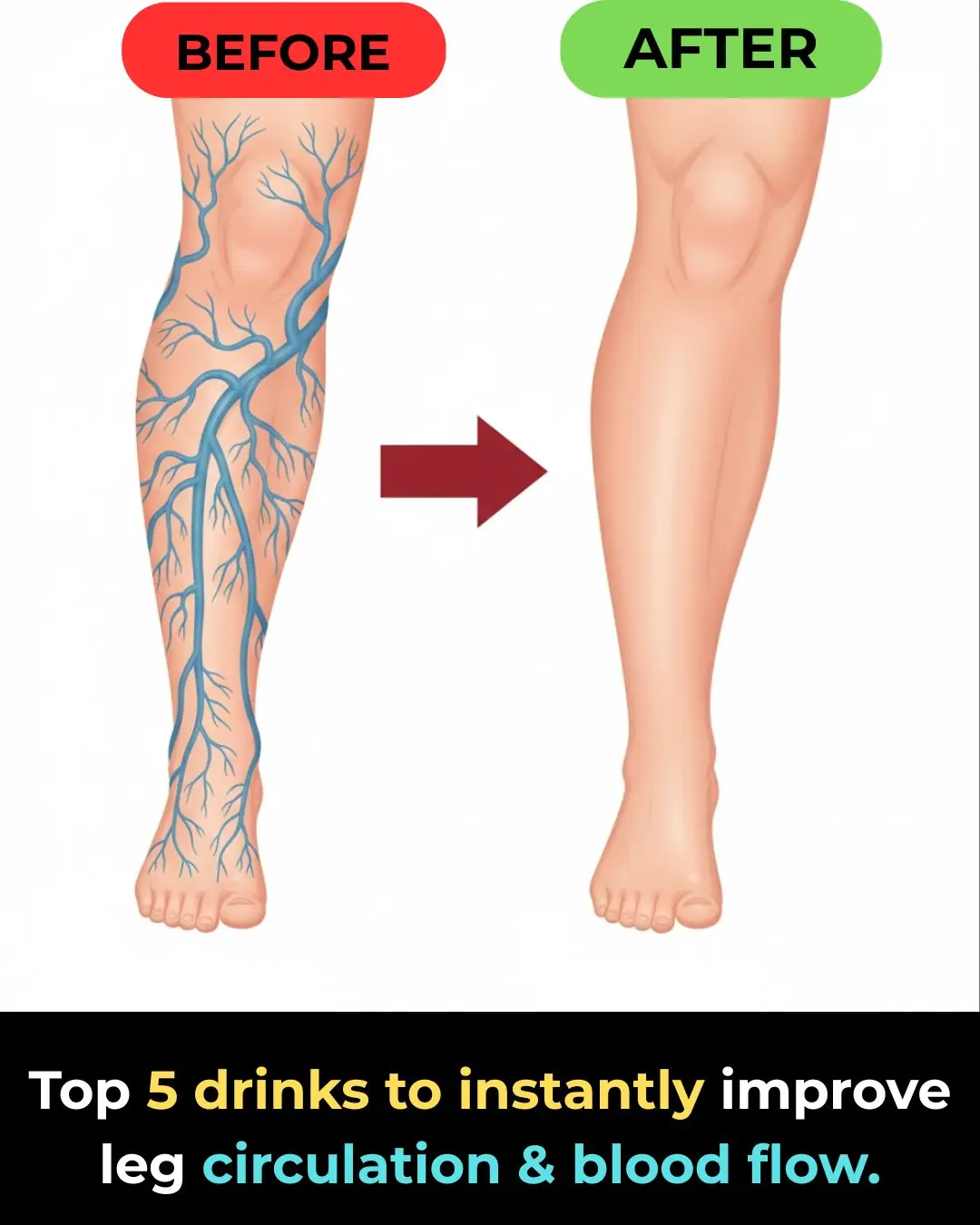
High Blood Pressure Has a New Culprit …And It’s Not Salt

High Blood Pressure Has a New Culprit …And It’s Not Just Salt
Hypertension — better known as high blood pressure — remains one of the most widespread health challenges today. Often called the “silent killer,” it typically develops without noticeable symptoms, quietly raising the risk of heart disease, stroke, kidney problems, and even cognitive decline. Many people only discover they have hypertension after it has already begun damaging vital organs.
While salt has long been blamed as the primary villain behind high blood pressure, modern research shows the story is far more complex. Excess sodium is only one piece of a much larger puzzle. Genetics, chronic stress, weight gain, hormonal imbalances, poor sleep, and increasingly sedentary lifestyles all contribute to rising blood pressure levels. In other words, managing hypertension requires more than simply cutting back on salty foods — it demands a comprehensive lifestyle approach.
Why Diet Still Matters — But Not in the Way Most People Think
A balanced diet remains one of the most powerful tools for controlling blood pressure and protecting the heart.
Health experts repeatedly emphasize that “it’s not only salt — overall diet quality plays a pivotal role in hypertension.” Eating patterns rich in whole, unprocessed foods help support vascular health, reduce inflammation, and improve the body’s natural ability to regulate blood pressure.
To build a heart-healthy plate, consider the following:
-
Fruits and vegetables: Packed with potassium, magnesium, and antioxidants that help counteract sodium’s effects and relax blood vessels.
-
Whole grains: Improve cholesterol levels and enhance circulation.
-
Lean proteins: Especially fish, beans, poultry, and plant-based proteins, which reduce strain on the cardiovascular system.
-
Healthy fats: Olive oil, nuts, seeds, and avocados help reduce inflammation and support artery flexibility.
At the same time, limiting saturated fats, refined sugar, ultra-processed snacks, and sugary beverages can dramatically reduce the workload placed on your heart.
For many people, adopting a Mediterranean-style or DASH (Dietary Approaches to Stop Hypertension) eating pattern offers a sustainable and scientifically supported path to better blood pressure control.
Exercise: A Natural and Powerful Blood Pressure Regulator
Physical activity is another cornerstone in the fight against hypertension. Regular movement strengthens the heart muscle, improves oxygen delivery throughout the body, enhances circulation, and reduces excess body weight — all of which naturally lower blood pressure.
Simple activities like brisk walking, jogging, cycling, swimming, dancing, or even structured home workouts performed three to five times per week can significantly improve cardiovascular health. Exercise also boosts mood and reduces stress hormones, both key factors in managing blood pressure over the long term.
However, anyone with hypertension or other underlying conditions should speak with a healthcare provider before starting a new routine. A doctor or trainer can recommend safe intensity levels and progression steps tailored to your lifestyle and medical needs.
Don’t Overlook Stress, Sleep, and Regular Checkups
Blood pressure isn’t influenced by physical health alone — mental and emotional well-being play equally important roles.
Chronic stress elevates cortisol and adrenaline, two hormones that can trigger temporary spikes in blood pressure and contribute to long-term cardiovascular strain. Finding effective stress-relief techniques — such as meditation, deep breathing exercises, yoga, tai chi, journaling, or spending time outdoors — can make a meaningful difference.
Likewise, poor sleep is increasingly recognized as a hidden driver of hypertension. Inadequate or fragmented sleep disrupts hormonal balance and keeps the nervous system in a “high alert” state, raising both morning and nighttime blood pressure.
Regular medical checkups are essential for early detection. Monitoring your numbers helps you catch problems before they escalate and ensures you receive timely guidance on medication, lifestyle changes, or further testing when necessary.
The Bottom Line
Managing high blood pressure isn’t about eliminating a single food or making one drastic change. It’s a combination of nutritious eating, regular exercise, stress reduction, good sleep habits, and ongoing medical care. When these elements work together, they create a powerful shield against heart disease, stroke, and other life-threatening complications.
With consistency, self-awareness, and the right support, anyone can take control of their blood pressure and protect their long-term health — one smart choice at a time.
News in the same category

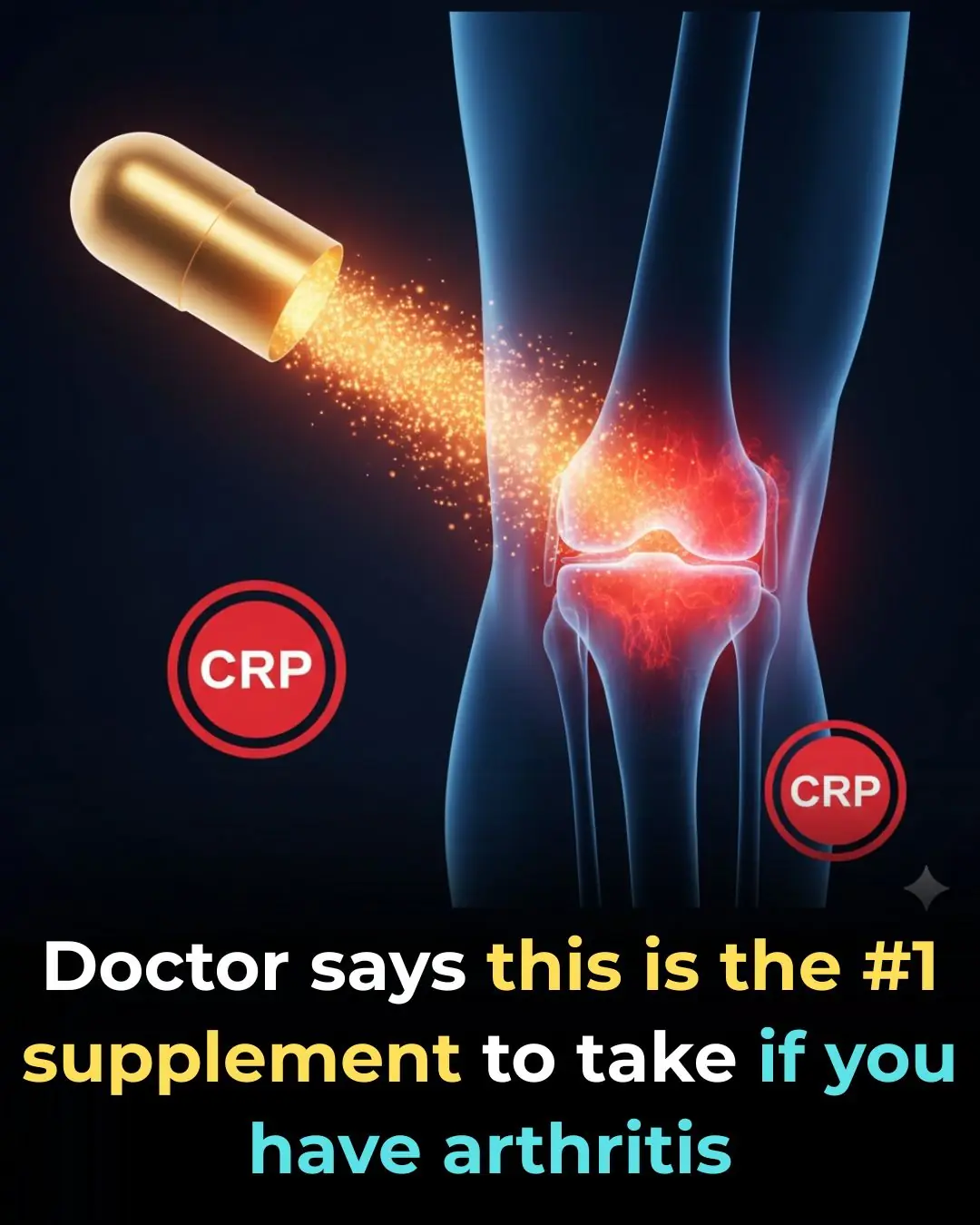
Doctor says this is the #1 supplement to take if you have arthritis

Why Your Legs Cramp At Night And How To Stop It From Happening
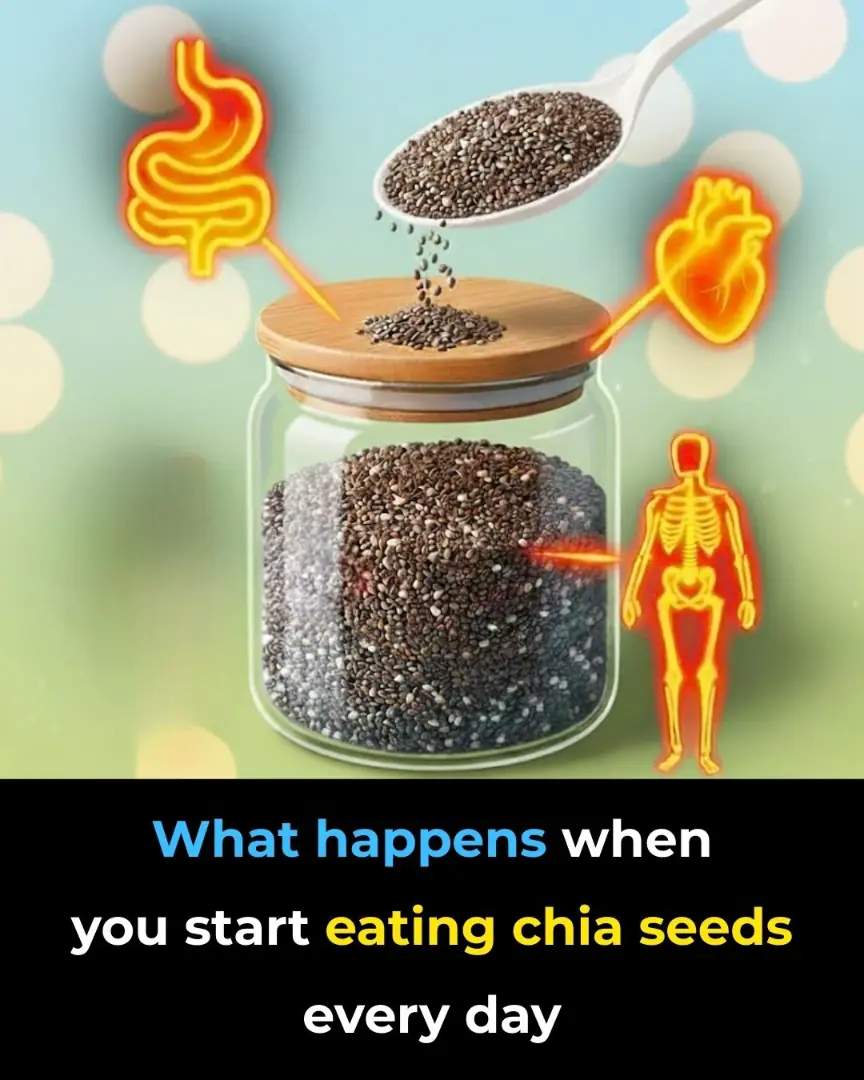
What happens when you start eating chia seeds every day

How to treat nerve pain in the foot, toes & legs
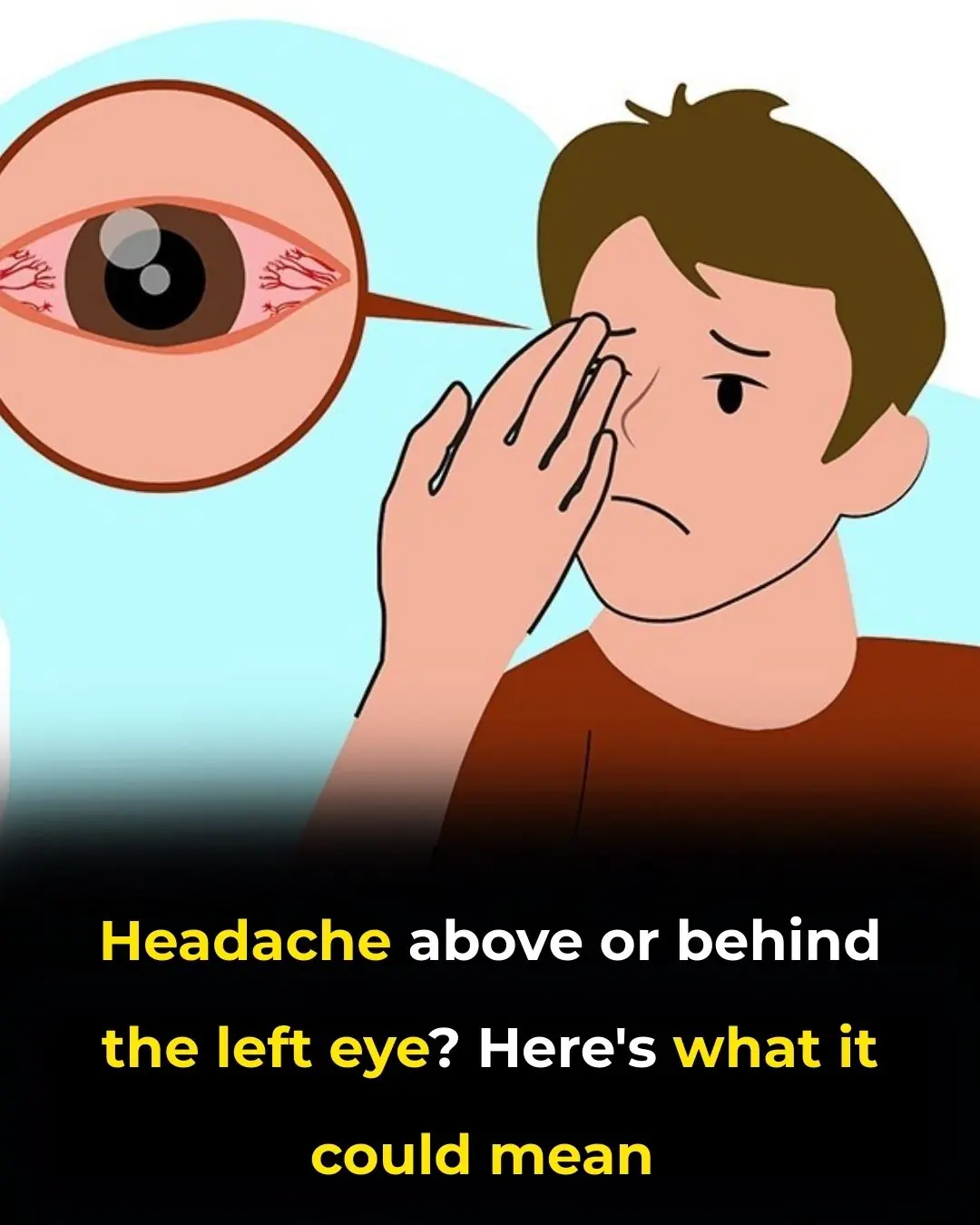
Headache Above or Behind the Left Eye: Causes and Treatments
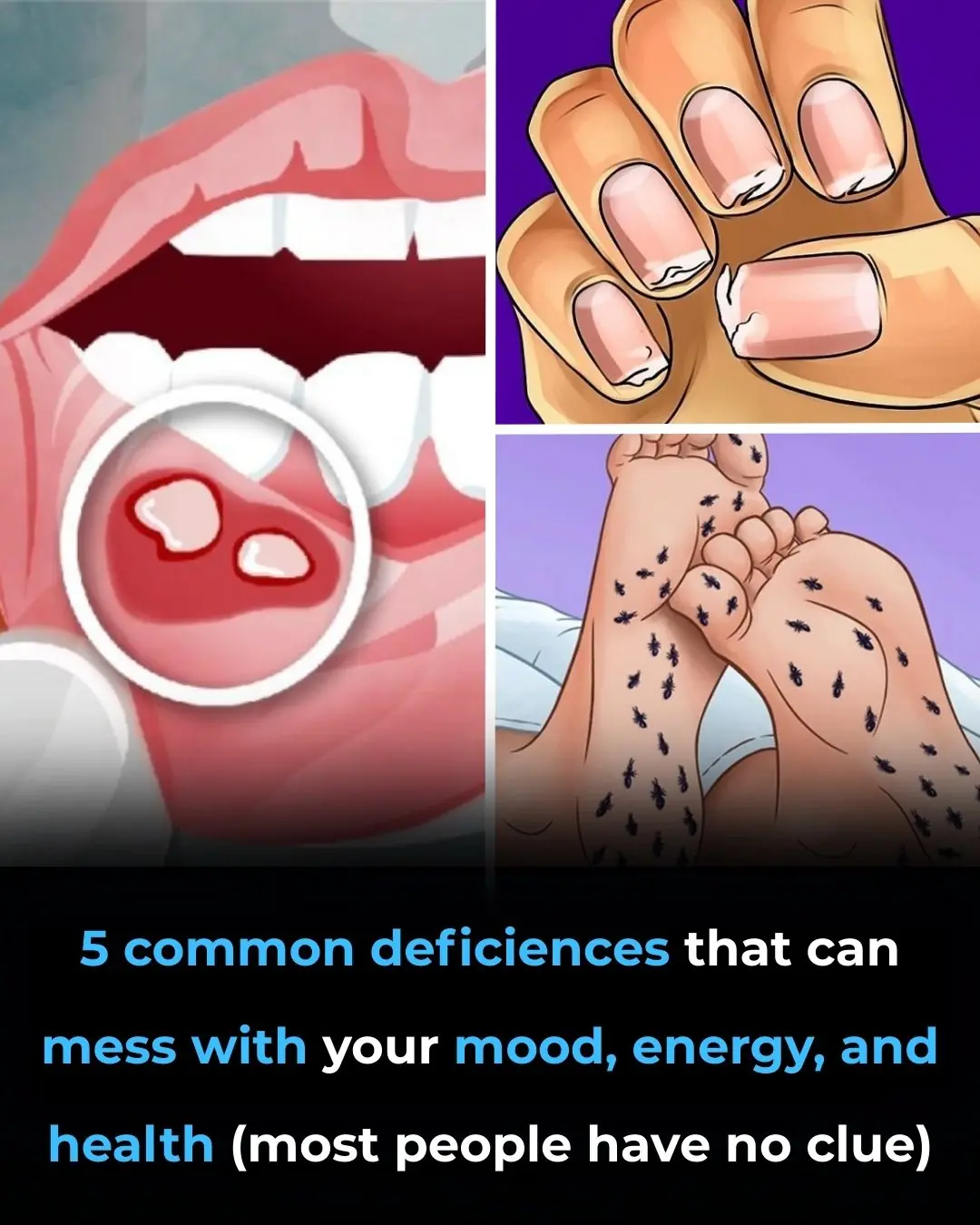
5 Deficiencies Almost Everyone Has (And Doesn’t Know About)
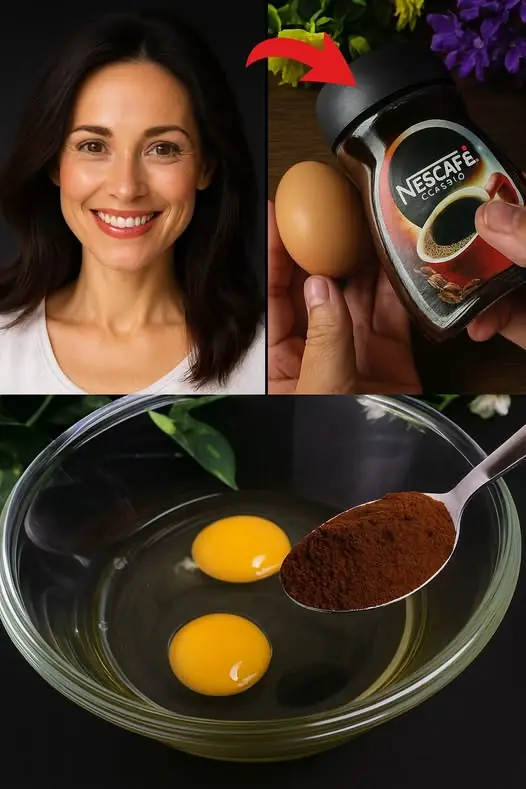
Eggs and Coffee: A Surprisingly Powerful Breakfast Combination
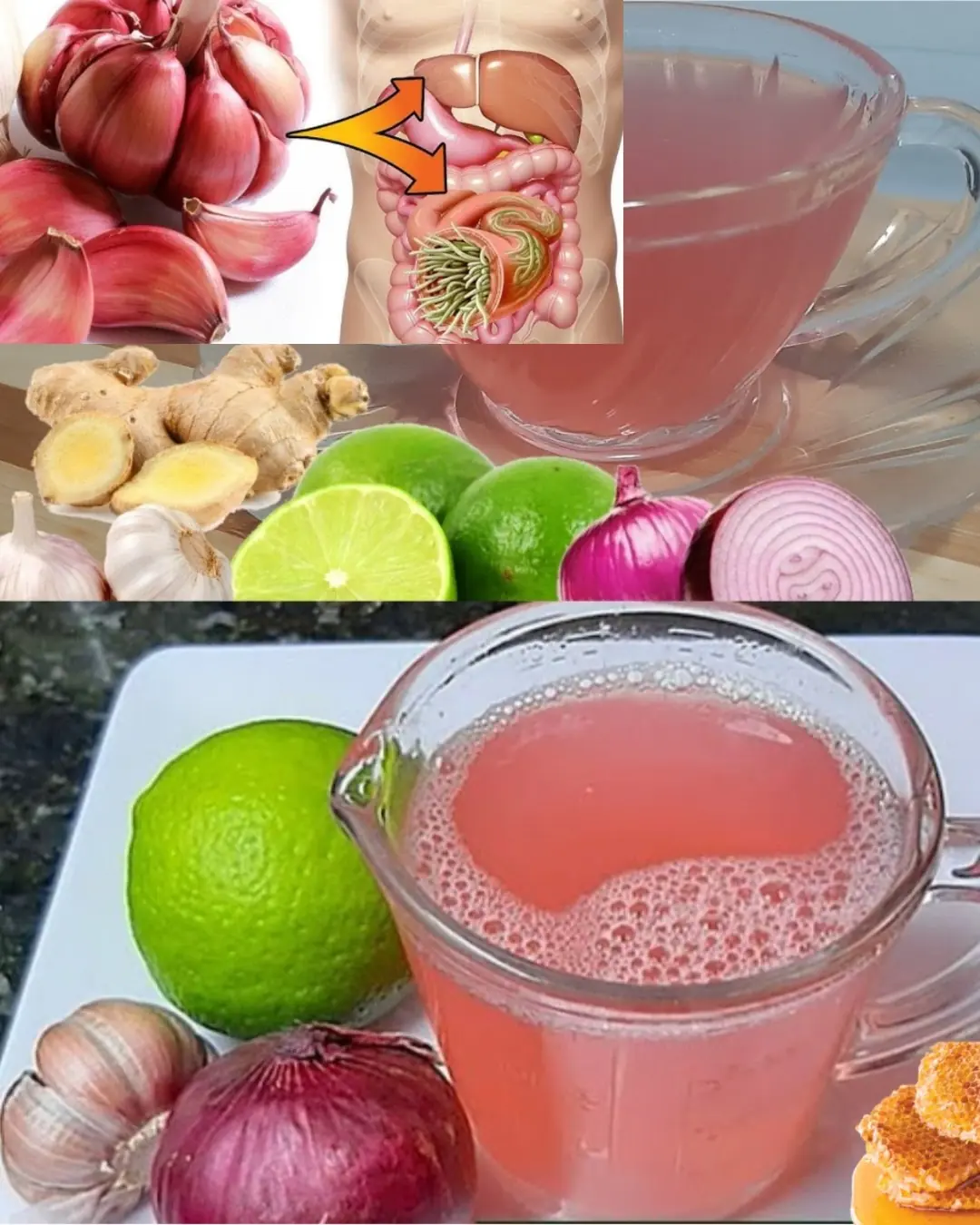
Boost Your Immune System Year-Round with Garlic, Onion, and Lemon

Fig Sap (Ficus carica): Uses, Benefits, and Safety Considerations
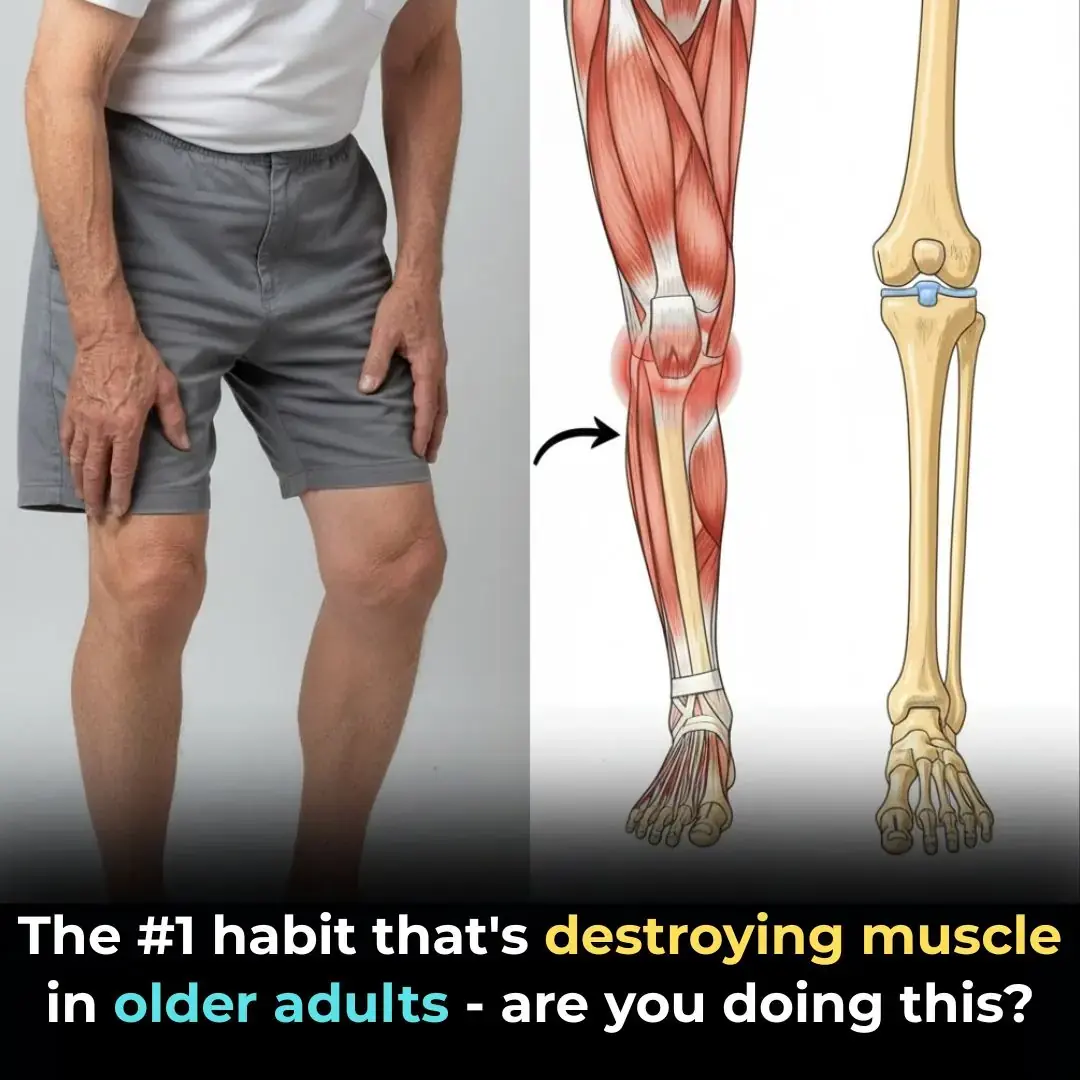
The #1 habit that’s destroying muscle in older adults—are you doing this?
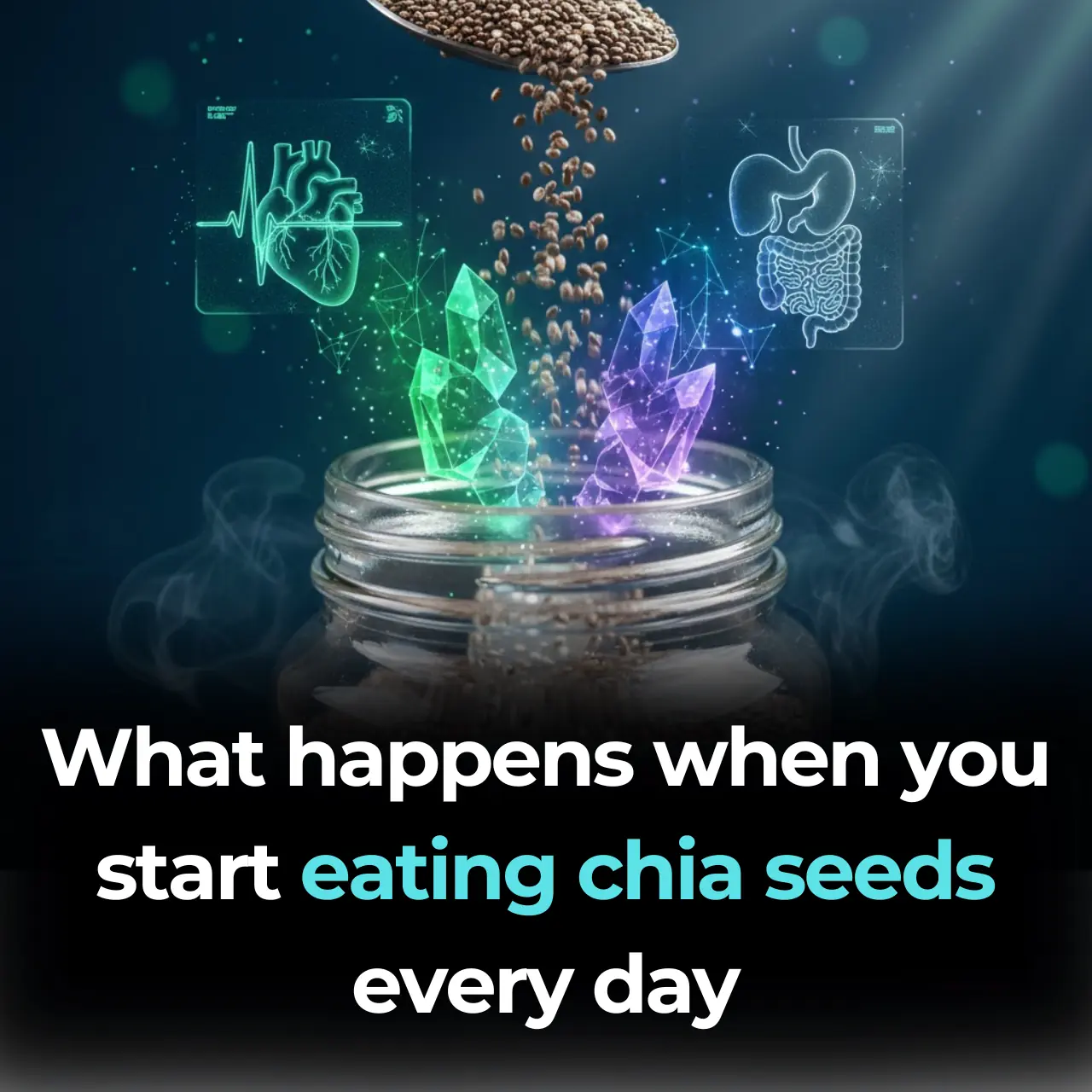
What happens when you start eating chia seeds every day

Why You Should Stop Using Petroleum Jelly On Your Skin (It’s a Byproduct of the Petroleum Manufacturing Process)
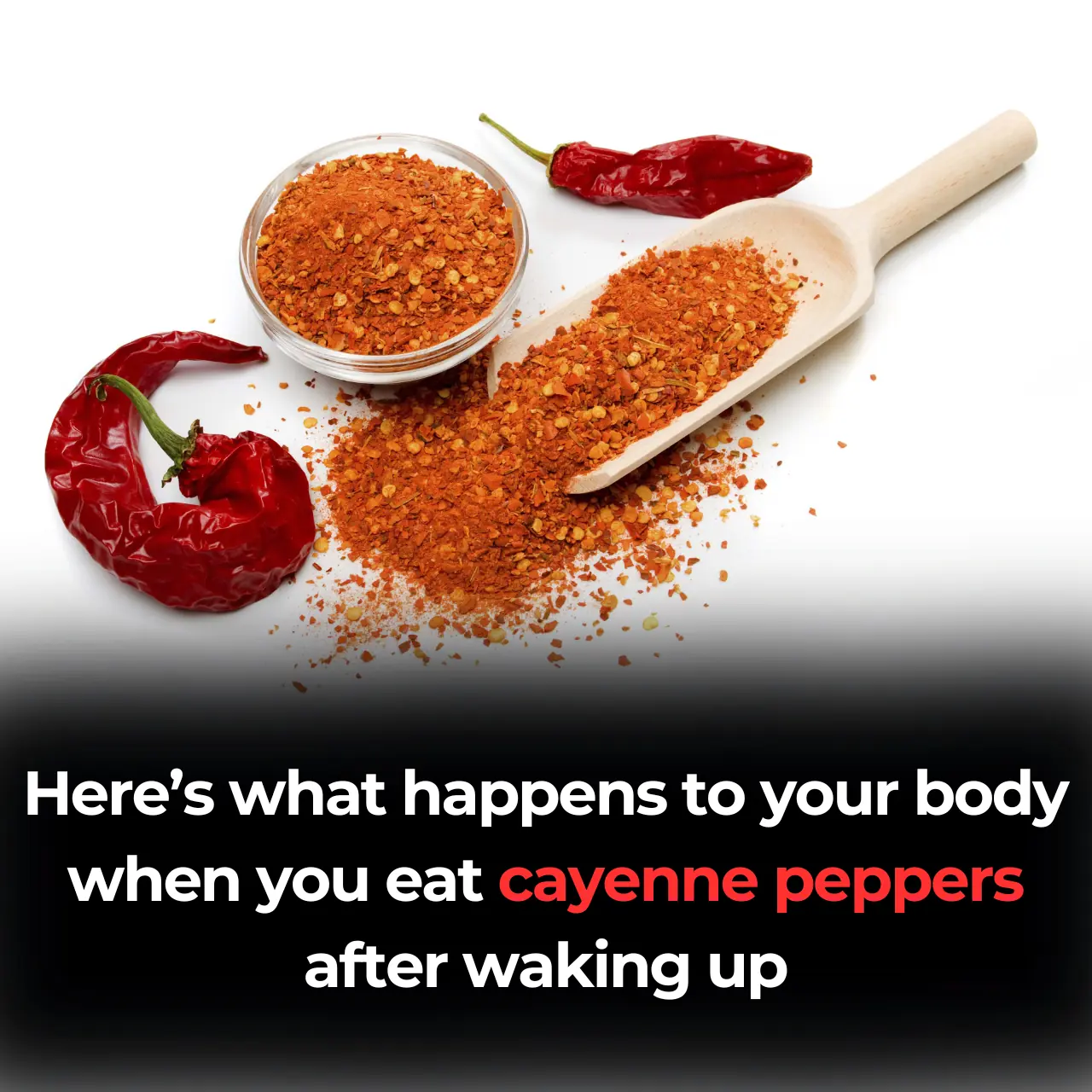
Scientifically Proven Health Benefits of Cayenne Pepper
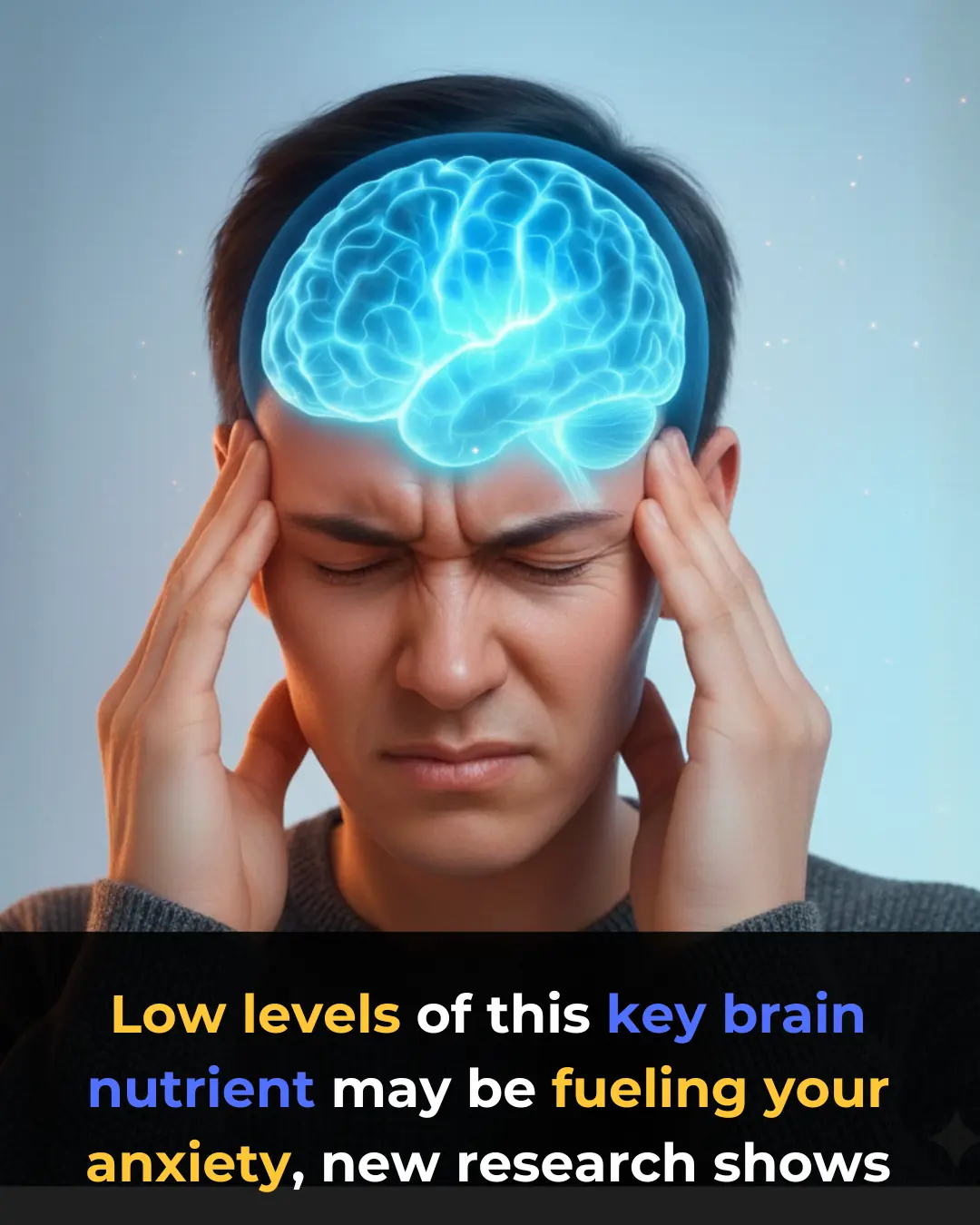
Low levels of this key brain nutrient may be fueling your anxiety

A Nurse Who Has Witnessed The Final Moments Of More Than 300 People Has Revealed What She Has Learned From Being By Their Side
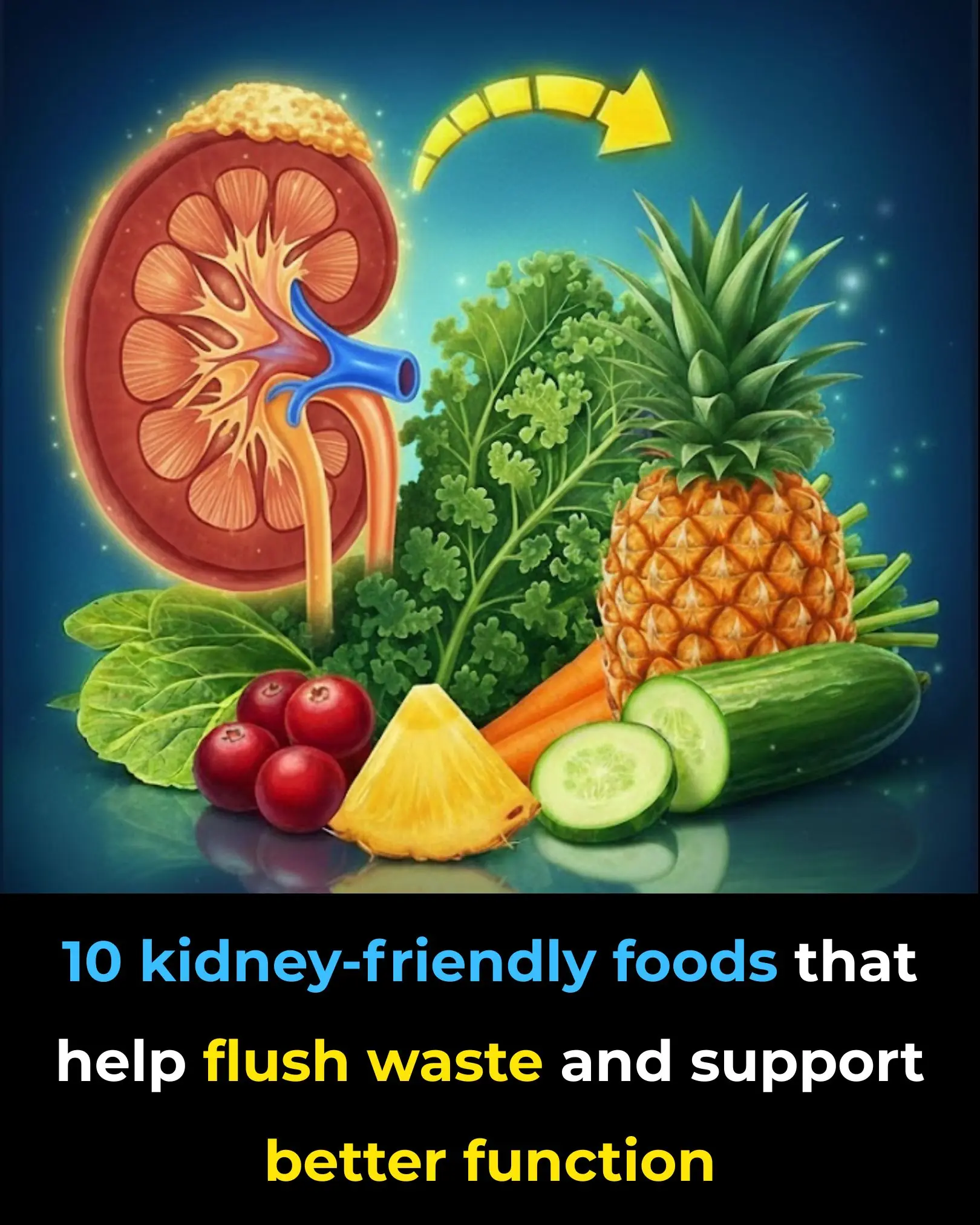
Absolutely BEST Foods to Detox Your Kidneys
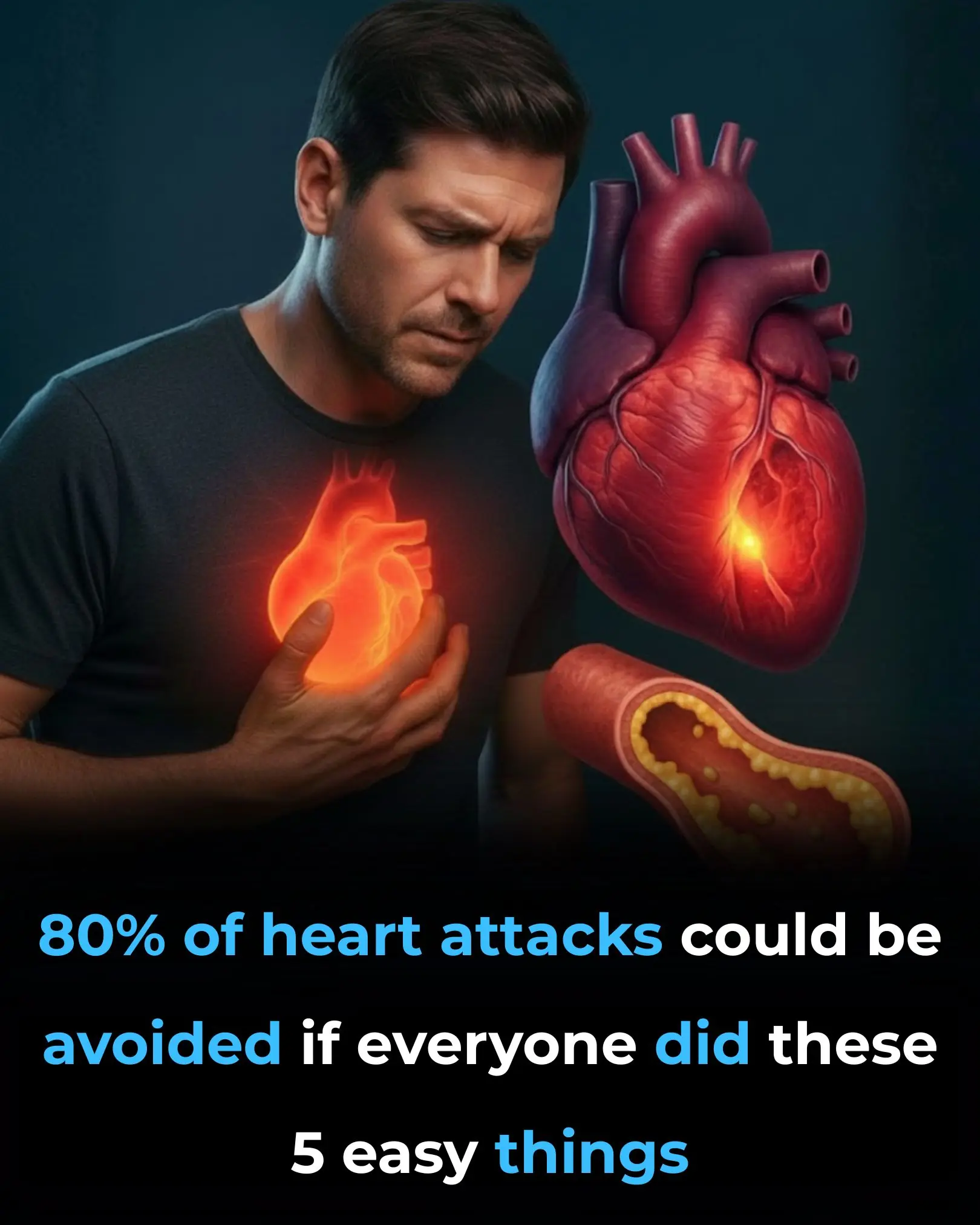
80% Of Heart Attacks Could Be Avoided If Everyone Did These 5 Easy Things
News Post
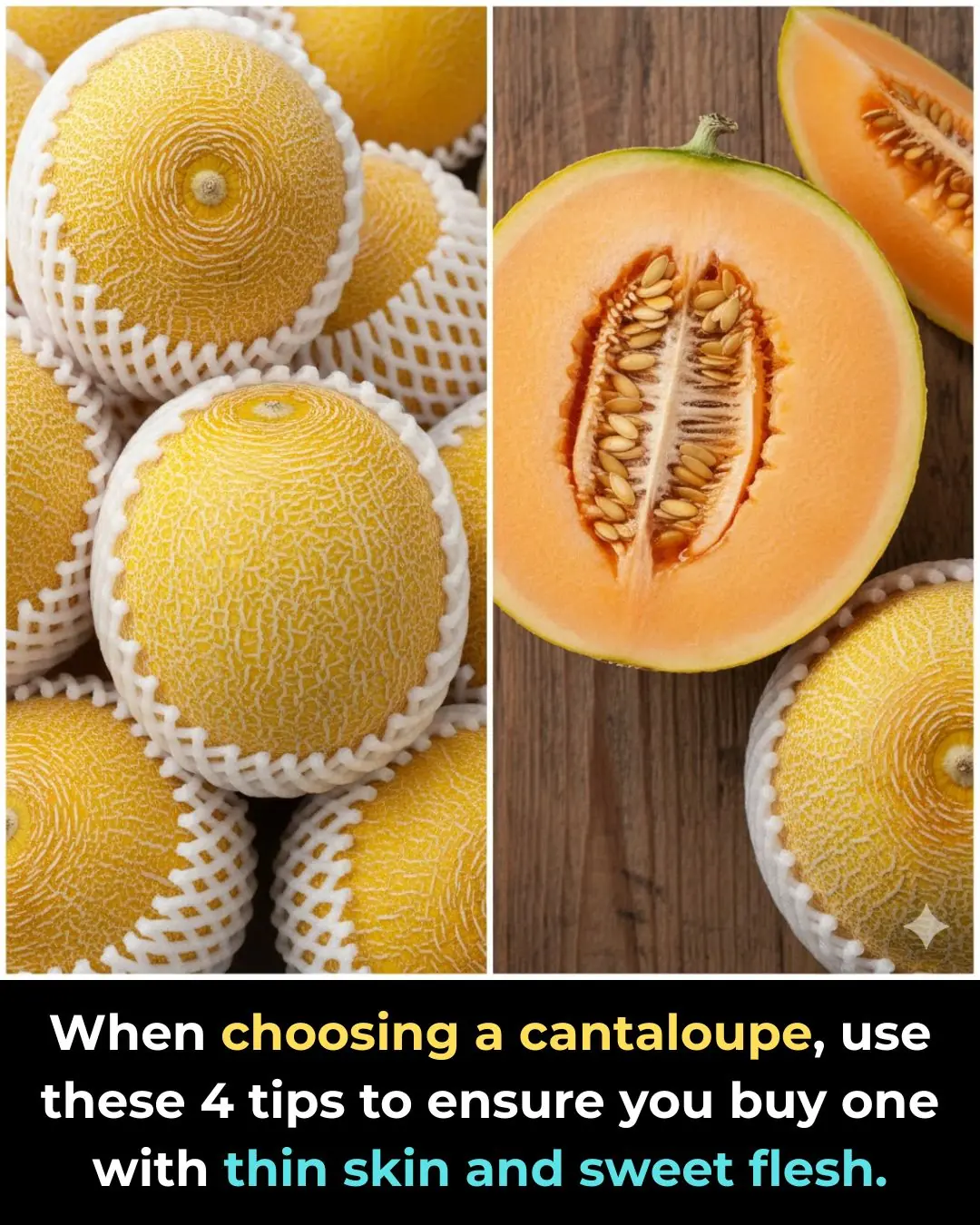
When choosing a cantaloupe, use these 4 tips to ensure you buy one with thin skin and sweet flesh.

Top 5 drinks to INSTANTLY improve leg circulation and blood flow

Doctor says this is the #1 supplement to take if you have arthritis

Why Your Legs Cramp At Night And How To Stop It From Happening

What happens when you start eating chia seeds every day
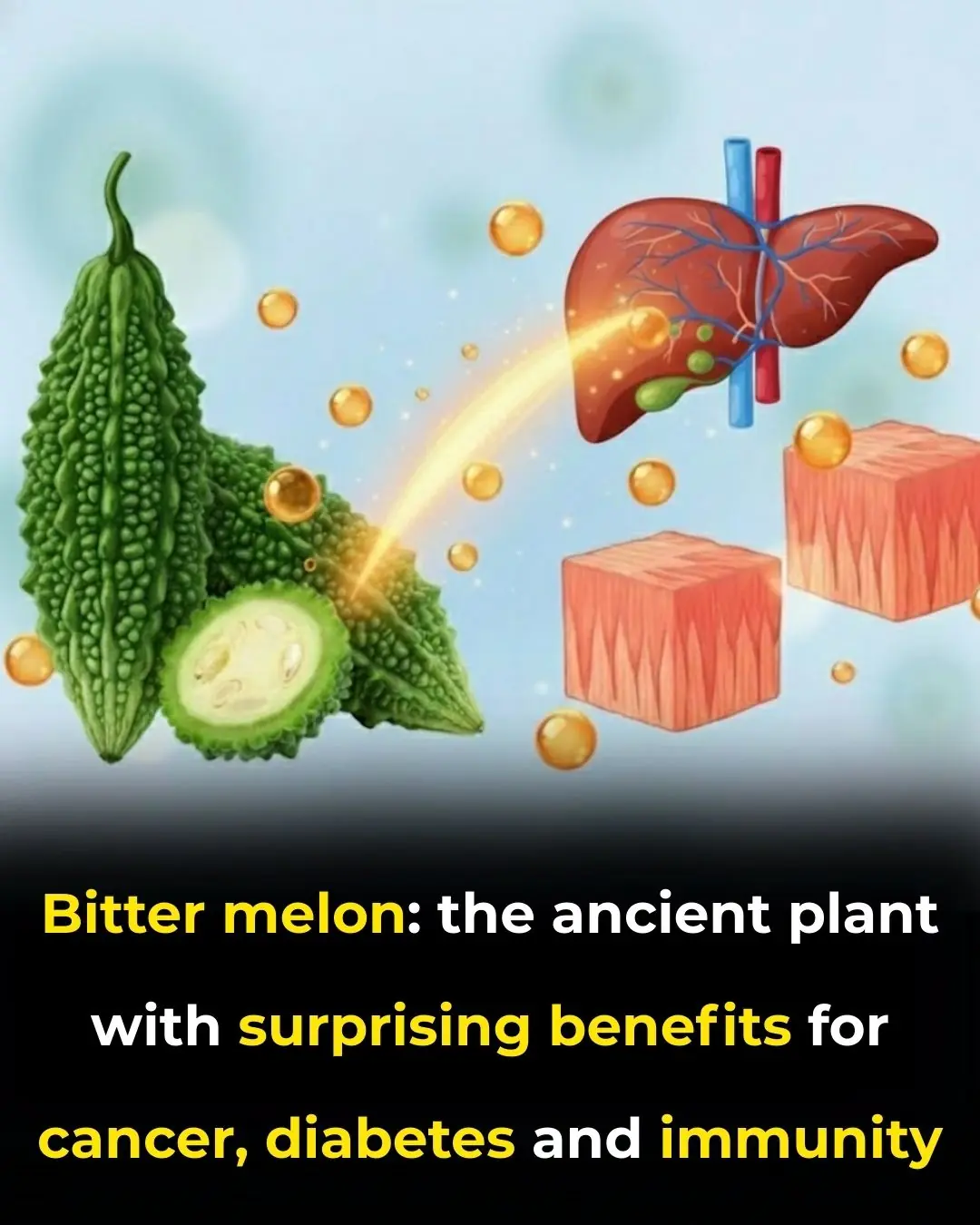
The Plant That Kills Cancer Cells, Stops Diabetes And Boosts Your Immune System!

How to treat nerve pain in the foot, toes & legs

Headache Above or Behind the Left Eye: Causes and Treatments

5 Deficiencies Almost Everyone Has (And Doesn’t Know About)

Eggs and Coffee: A Surprisingly Powerful Breakfast Combination

Boost Your Immune System Year-Round with Garlic, Onion, and Lemon

Fig Sap (Ficus carica): Uses, Benefits, and Safety Considerations

Billionaire Judy Faulkner, 82, Commits to Giving Away 99% of Her $7.8B Fortune

The Curious Story Behind "Ancient Lights" in UK Property Law

From Precarious to Prosperous: Denmark’s Approach to Entry-Level Jobs

California’s Solar-Canal Initiative: A Game-Changer for Clean Energy and Water Conservation

Nevada Teen Shows Extraordinary Love, Buys Mom a Chevrolet Metro

The Greenland Shark: A Creature That May Have Lived Through the 1600s
